
Scientific research is all about discovering new things and then sharing those ideas with others! The field of companion animal genetic health research is small but incredibly supportive, and last week we held our own “Companion Animal Genetic Health (CAGH)” conference in Cambridge, where we welcomed scientists from the UK, mainland Europe and even the USA. Continue reading
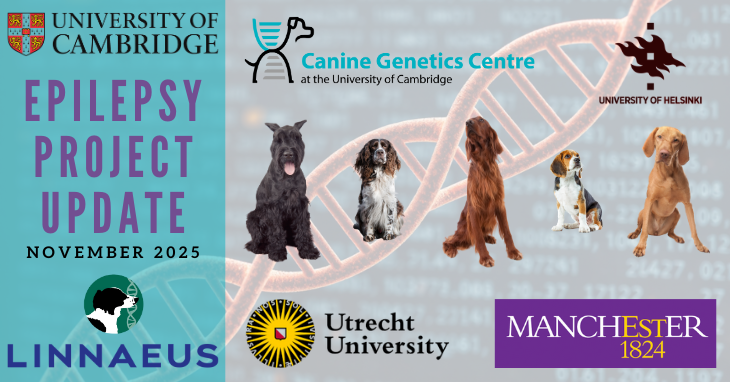

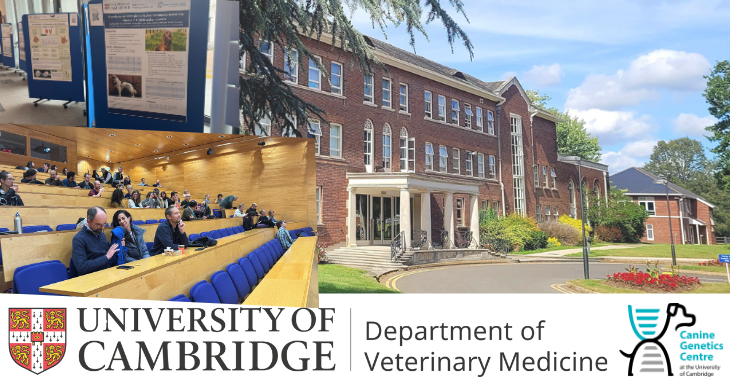
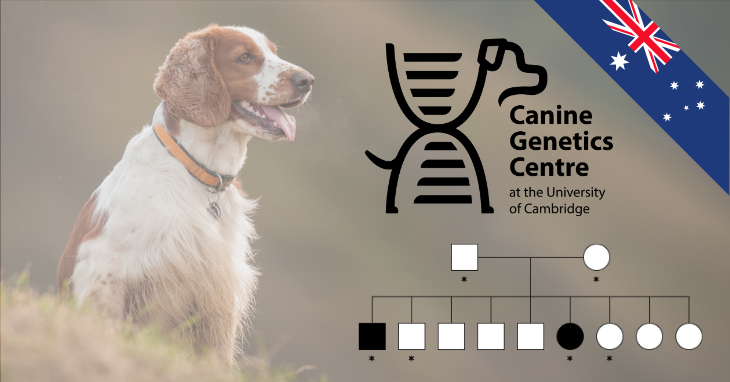

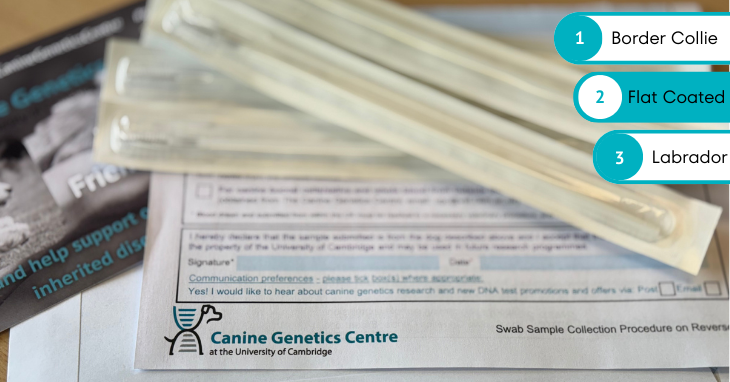
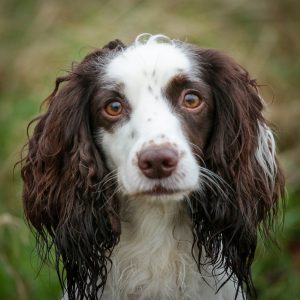 The Cocker Spaniel is one of the most popular dog breeds in the UK and so it is unsurprising that a number of inherited diseases have been reported over the years in this breed including Progressive Retinal Atrophy (PRA), Retinal Dysplasia (RD) and Retinopathy with Vitamin E Deficiency (RVED). A DNA test for PRA (prcd) has been available for a long time and so this disease is now, fortunately, very rare in this breed. Very recently, the Canine Genetics Centre has also solved the cause of RVED in this breed and so, with the use of DNA testing, this disease should be easy to eradicate in a few generations.
The Cocker Spaniel is one of the most popular dog breeds in the UK and so it is unsurprising that a number of inherited diseases have been reported over the years in this breed including Progressive Retinal Atrophy (PRA), Retinal Dysplasia (RD) and Retinopathy with Vitamin E Deficiency (RVED). A DNA test for PRA (prcd) has been available for a long time and so this disease is now, fortunately, very rare in this breed. Very recently, the Canine Genetics Centre has also solved the cause of RVED in this breed and so, with the use of DNA testing, this disease should be easy to eradicate in a few generations.  On 1 November, Dr. Cathryn Mellersh, principal investigator at the Canine Genetics Centre, and
On 1 November, Dr. Cathryn Mellersh, principal investigator at the Canine Genetics Centre, and 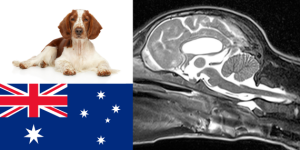 Our team at the Canine Genetics Centre are often contacted to collaborate with veterinary professionals and owners from around the world when it comes to challenging canine genetic problems. We recently received a communication from a Welsh Springer Spaniel breeder from Australia asking for our expertise regarding two wobbly puppies out of one litter of nine.
Our team at the Canine Genetics Centre are often contacted to collaborate with veterinary professionals and owners from around the world when it comes to challenging canine genetic problems. We recently received a communication from a Welsh Springer Spaniel breeder from Australia asking for our expertise regarding two wobbly puppies out of one litter of nine. 
